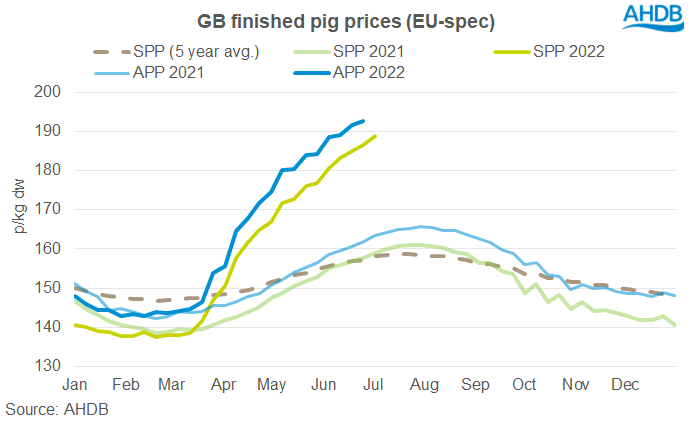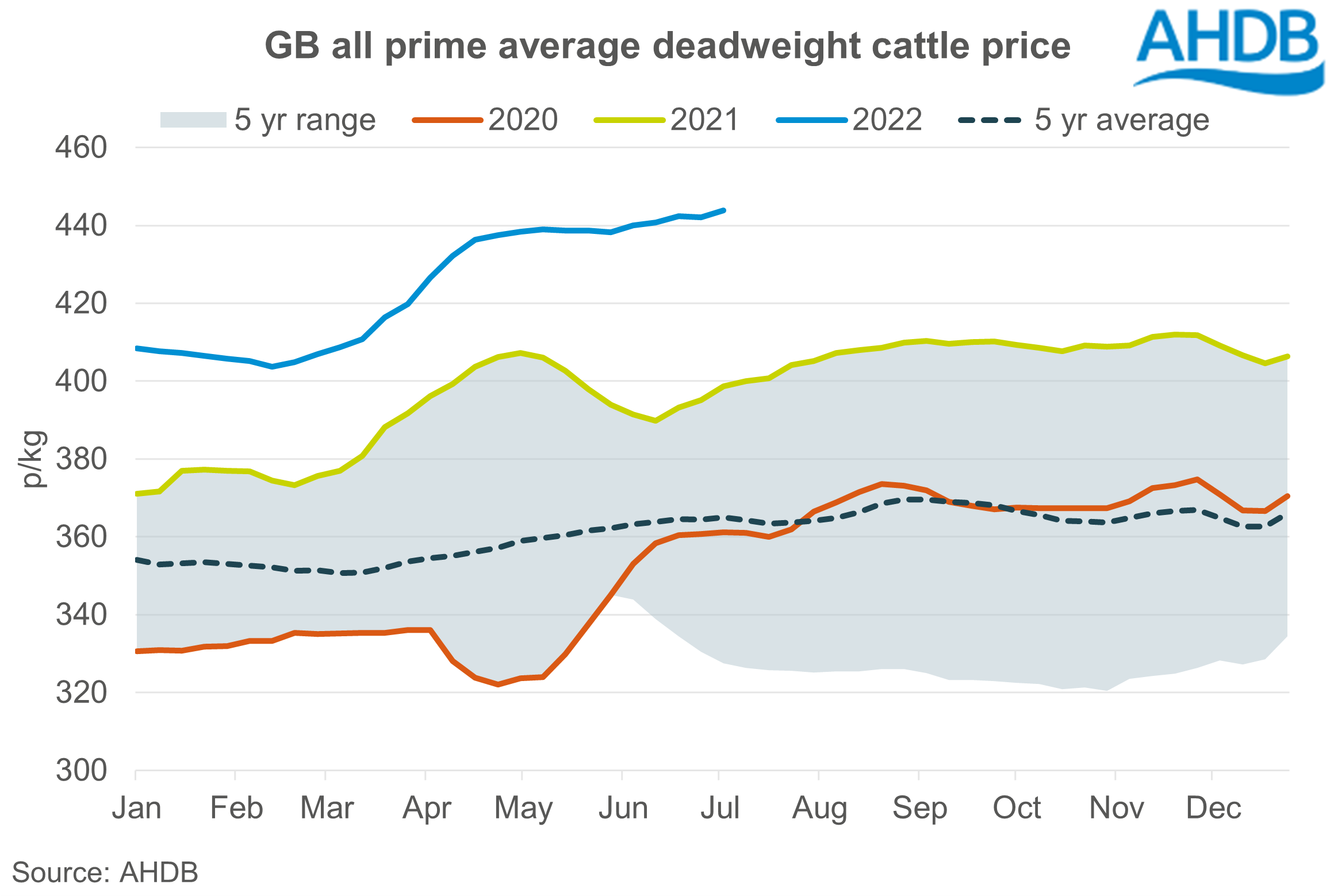Down Under: Electronic ear tags for millions of sheep backed by NSW to prepare for FMD
The NSW government has thrown its support behind the urgent development of mandatory electronic ID tags for millions of sheep and goats to ensure any outbreak of foot-and-mouth disease (FMD) can be traced.
Australian cattle are already individually tagged but millions of sheep and goats are only identified by mob, except in Victoria.
The NSW and federal governments had held out against individual sheep tags for more than six years, while Victoria moved ahead independently in 2016. The move was criticised at the time by then federal agriculture minister Barnaby Joyce as too expensive.
Now as Australian and Indonesian authorities attempt to vaccinate and control an outbreak of foot-and-mouth disease in Bali, NSW Agriculture Minister Dugald Saunders said he would back growing industry calls for the urgent development of a compulsory scheme to “bolster the country’s defence against infectious diseases like FMD”.
Studies have estimated $50 billion in economic losses over 10 years if a medium-to-large-scale FMD outbreak were to occur in Australia.


